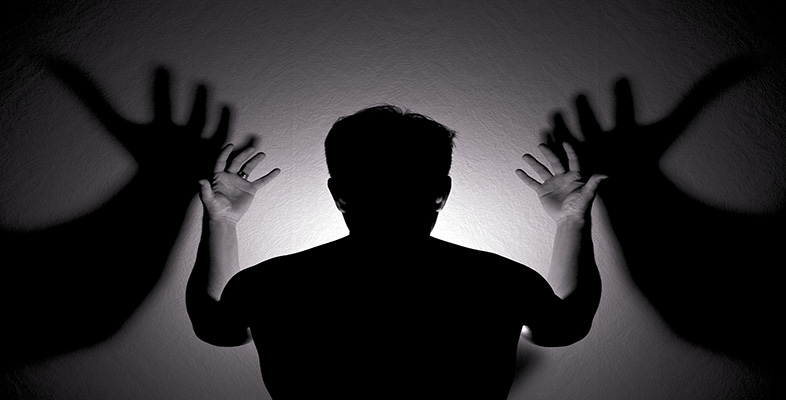2.1 Resisting a body–mind–social split
To what extent are you your body? The seventeenth-century philosopher René Descartes saw human subjective experience (including rationality, thought and spirituality) as separate and fundamentally different from the objective world of matter, that of our bodies and the physical universe. This idea of a fundamental divide between mind and matter (as two different kinds of ‘stuff’) set the stage for centuries of debate on what came to be known as Cartesian dualism. Critics of this way of understanding people point to the way that Western culture has soaked up this mind-body dualism and tends unknowingly to reproduce it.
Psychology, too, has not been free from dualist views and practices. Much of the last fifty years of psychology has been taken up with questions of the ‘mind’ and, in the process, the body has often been entirely ignored. Furthermore, where the body has appeared, although the mind-body dualism has disappeared, the psychological and social complexity of the body has also invariably been lost, as biologically-orientated psychologists have tended to reduce psychology to biology (most notably to the brain). That is, they adopt a monist position, where there is only one kind of ‘stuff’ – which, in this case, is physical biological stuff. Indeed, in recent years, there has been a strong focus on the genetic basis of human behaviour: what Joseph Schwartz (1997) rather scathingly referred to as a new ‘genetic fundamentalism’.
Many contemporary social psychologists would be critical of any reductionist account in which a person is ‘reduced’ simply to their body or biology or, alternatively, to their mind. Instead, they argue that people need to be viewed in a way that recognises the biological, the psychological and the social. From this point of view, mind-body dualism and simple physical reductionism emerge as both simplistic and unhelpful.
The sense of personhood we possess is at least partly based on the feel we have of our own bodies, as much as in the symbols which define our unique social identity … if the body is not the person, then what is the person? The body image and self-image we develop is based on the sense of being embodied and the way in which this experience is mediated by culture.
Although bodily experience is rooted in biology, Robert Connell (1987, p. 84) argues it is also imbued with the social world – a ‘life-history-in-society’. So, for instance, bodily differences between men and women, Connell says, are not just a physical given. Rather, as men and women, we are continually working with, and transforming, our natural, biological selves, intentionally and unintentionally. There is a personal dimension to this process. For example, we bring to it our own particular motivations and understandings. But larger societal influences – relationships, ideology, language, social structures – also play a part. However, there is disagreement about the extent to which our body and our biology shape who we are. If our sense of self or identity comes from our body, to what extent can we choose our identities by changing our bodies? And furthermore, what role does society play in shaping both our bodies and our identities? These questions of individual-social and agency-structure dualisms form the basis of the next sub-section in which we consider the notion of the body as an ‘identity project’.
